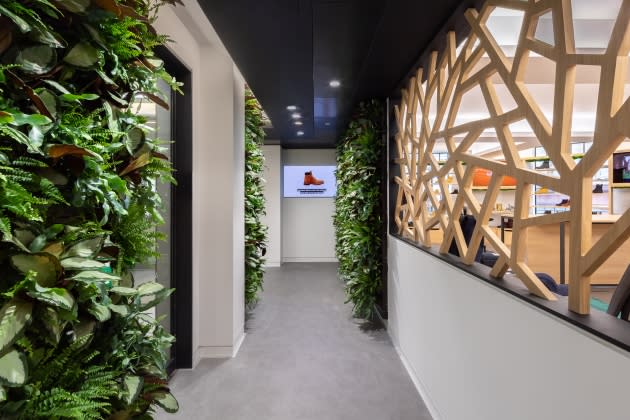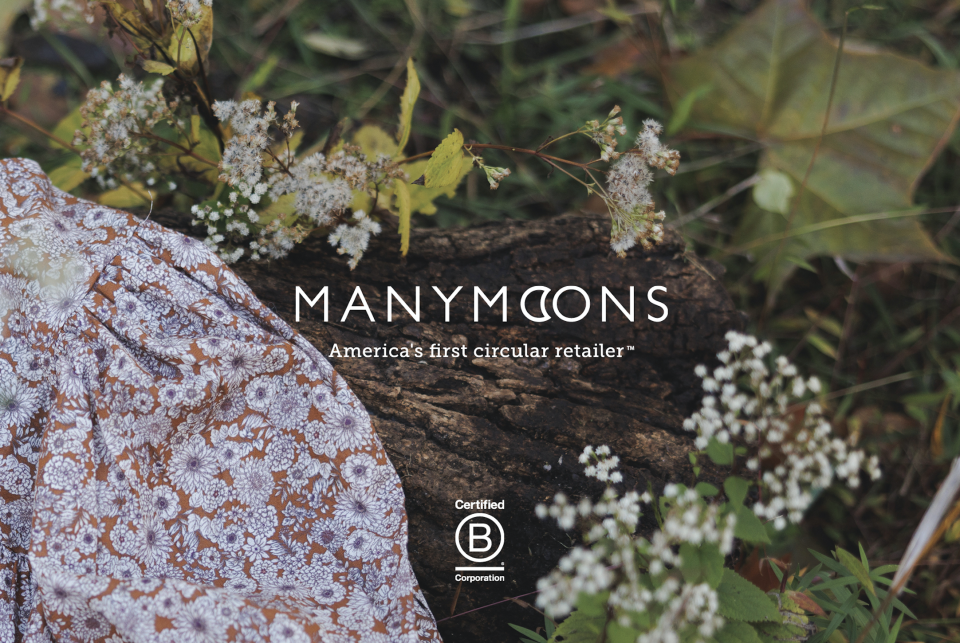Impact Reports Prioritize EP&L, Baby Rebrand for Manymoons: Short Takes

Impact Roundup: The sustainability report has become a routine assessment alongside financial statements.
In its latest impact report, Amsterdam-based Scotch & Soda is newly leaning into EP&L assessments, or environmental profit and loss, working with Netherlands-based firm Sustainalize to quantify its impact over the last two years.
More from WWD
Grappling with growth (or a 23 percent increase putting revenue at a total of $342 million over 2021 to 2022 and a 34 percent increase in produced material volumes), the firm said it hopes this latest transparency benchmark will lay the groundwork for more progressive objectives.
“We are working on a progressive road map with objectives that we will share at the beginning of 2023 to show the steps for reductions,” Frederick Lukoff, chief executive officer of Scotch & Soda, said. This includes reduced water consumption, improved material sourcing and decarbonization in operations, among other goals.
VF Corp., too, published its 2022 report highlighting a few achievements.
The Denver, Colorado-based company owns The North Face, Vans and Timberland, among other outdoor and streetwear labels.
Notably, VF called attention to the launch of the Vans Sustainability Hub and the unveiling of its VR3 product line and labeling; Timberland’s Timberloop take-back program and corresponding resale website launched in the U.S.
In its extended supply chain, VF inched only slightly closer to its greenhouse gas reductions target, meeting 8 percent of its target of reducing scope 3 GHG emissions by 30 percent by 2030. (The target specifies emissions from purchased goods and services and upstream transportation).
As sourcing issues have been compounding in the past couple of months, many remain unaddressed in sustainability reports. VF remained quiet on a report alleging that fashion brands (including The North Face, Levi’s and Boohoo) are using polyester from Russian oil sources. All three of these brands declined comment on the matter upon outreach.
A Circular Rebrand: Children’s boutique Borobabi (renamed Manymoons) is undergoing a full-fledged rebrand to capture newfound sustainability values.
“We have taken a step back and created a model that optimizes the entire value chain — from cradle to cradle,” Carolyn Butler, founder and chief executive officer of Manymoons, told WWD. She said the business’ new model is one that prioritizes full-circle ownership so clothes are made to last (bearing GOTS, Oeko-Tex and Fair Trade certifications, to name a few) and bear the true cost of clothing.
Manymoons composts the clothing after its useful life at an industrial scale, perhaps the only player in the category doing so. This month, the brand also announced a $4 million investment led by Lightbank to grow its team, build out technology and future-proof its new SoHo store.
“Circular models don’t work without communities of people supporting them,” Butler said. “This isn’t just about us, but the community and movement we are creating. A big part of the technology is showing how people are connected to one another in a more meaningful way through products, and how people can see and feel the impact they are making through their participation. That proprietary tech platform will launch by March 2023.”


